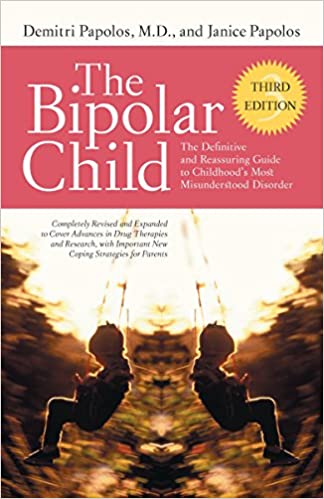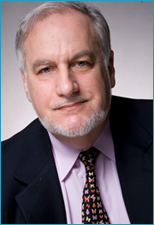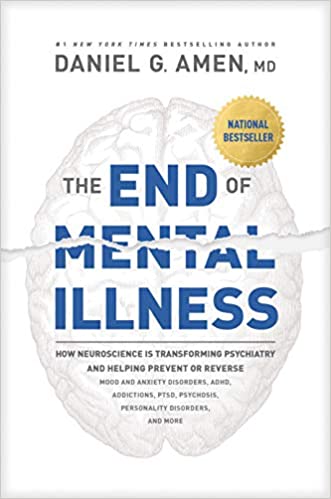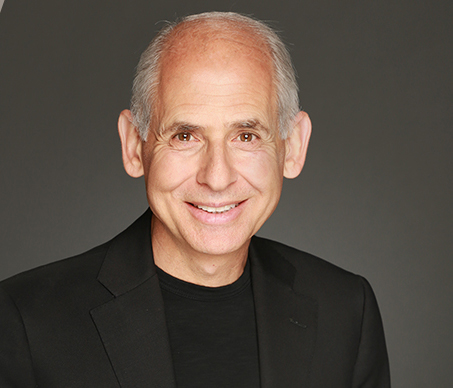Social Spotlight
Our social spotlight features everyday people who are making a difference on social media such as Facebook, Twitter, Instagram, Pinterest and out in the communities they live in. In addition to those authors and journalists who are sharing their experience and wealth of knowledge via publications.
The Girl In The Sunflower Dress
Dani Cook is the perfect example of someone trying to make a difference in the world of mental health. Her goal is to eventually author a book. And she has shown much promise if you are to measure her effectiveness by the vast number of followers she has on Facebook.
She wrote one particular article around the time that Demi Lovato was seeking help. Calling out all those who thought it was comical for Ms Lovato or for any number of high profile people making their mental health public. It went viral.
Kudos to Ms Cook and “The Girl In The Sunflower Dress” for making a stand on the unhealthy view the general public seems to rehash over and over. That is until it happens to you or someone in your life. Which is what Dani, and in fact, this website is trying to do. Shine the light on those who have been victimized by their afflictions to bring home the point that mental health deserves the same attention and care as any other physical imbalance does. Treating and caring for patients with mental health anomalies is JUST as important as treating others needing a pacemaker, penicillin, anti-inflammatories or insulin.
It’s critical that we all are willing to speak out and listen. Because silence is the #1 destroyer and killer for many of those given the mental health albatross to carry for life.

Authors Making a Difference
I am not promoting and do not receive any income from the listing of these books, authors, publishing companies or Amazon. The links above and below are just that. A means to get you to a website with further information.
I am not promoting and do not receive any income from the listing of these books, authors, publishing companies or Amazon. The links above are just that. A means to get you to a website with further information.

The Bipolar Child
The Definitive and Reassuring Guide to Childhood's Most Misunderstood Disorder

Bipolar disorder—manic depression—was once thought to be rare in children. Now researchers are discovering not only that bipolar disorder can begin early in life, but that it is much more common than ever imagined. Yet the illness is often misdiagnosed and mistreated with medications that can exacerbate the symptoms. Why? Bipolar disorder manifests itself differently in children than in adults, and in children there is an overlap of symptoms with other childhood psychiatric disorders. As a result, these kids may be labeled with any of a number of psychiatric conditions: “ADHD,” “depression,” “oppositional defiant disorder,” “obsessive-compulsive disorder,” or “generalized anxiety disorder.” Too often they are treated with stimulants or antidepressants—medications that can actually worsen the bipolar condition.

The End of Mental Illness
How Neuroscience is Transforming Psychiatry and Helping Prevent or Reverse Mood and Anxiety Disorders, ADHD, Addictions, PTSD, Psychosis, Personality Disorders, and More
Dr. Daniel Amen

The end of mental illness begins with a revolution in brain health. Though the incidence of conditions like depression, anxiety, bipolar disorders, addictions, PTSD, and ADHD is skyrocketing, standard treatment and success rates in treating these conditions have barely changed in the last seven decades. Meanwhile, the stigma of “mental illness” prevents many people from getting the help they need. Based on his brain-imaging work at Amen Clinics, with more than 170,000 scans on patients from 121 countries, neuroscientist and psychiatrist Daniel Amen, MD, has learned that most psychiatric illnesses are not mental health issues at all. Rather, they are brain health issues that steal your mind. This one idea changes everything: Get your brain right and your mind will follow. In The End of Mental Illness, Dr. Amen challenges an outdated psychiatric paradigm and helps readers improve the health of their own brains, minimizing or reversing conditions that may be preventing them from living full and emotionally healthy lives.

The Bipolar Child
The Definitive and Reassuring Guide to Childhood's Most Misunderstood Disorder

Bipolar disorder—manic depression—was once thought to be rare in children. Now researchers are discovering not only that bipolar disorder can begin early in life, but that it is much more common than ever imagined. Yet the illness is often misdiagnosed and mistreated with medications that can exacerbate the symptoms. Why? Bipolar disorder manifests itself differently in children than in adults, and in children there is an overlap of symptoms with other childhood psychiatric disorders. As a result, these kids may be labeled with any of a number of psychiatric conditions: “ADHD,” “depression,” “oppositional defiant disorder,” “obsessive-compulsive disorder,” or “generalized anxiety disorder.” Too often they are treated with stimulants or antidepressants—medications that can actually worsen the bipolar condition.

The End of Mental Illness
How Neuroscience is Transforming Psychiatry and Helping Prevent or Reverse Mood and Anxiety Disorders, ADHD, Addictions, PTSD, Psychosis, Personality Disorders, and More
Dr. Daniel Amen

The end of mental illness begins with a revolution in brain health. Though the incidence of conditions like depression, anxiety, bipolar disorders, addictions, PTSD, and ADHD is skyrocketing, standard treatment and success rates in treating these conditions have barely changed in the last seven decades. Meanwhile, the stigma of “mental illness” prevents many people from getting the help they need. Based on his brain-imaging work at Amen Clinics, with more than 170,000 scans on patients from 121 countries, neuroscientist and psychiatrist Daniel Amen, MD, has learned that most psychiatric illnesses are not mental health issues at all. Rather, they are brain health issues that steal your mind. This one idea changes everything: Get your brain right and your mind will follow. In The End of Mental Illness, Dr. Amen challenges an outdated psychiatric paradigm and helps readers improve the health of their own brains, minimizing or reversing conditions that may be preventing them from living full and emotionally healthy lives.
All that you feel is real. And it’s okay to have despair. But your life is truly important and you do make a difference in this world. YOU matter!
Click here to find someone who is there right now to help you through your thoughts and feelings.
